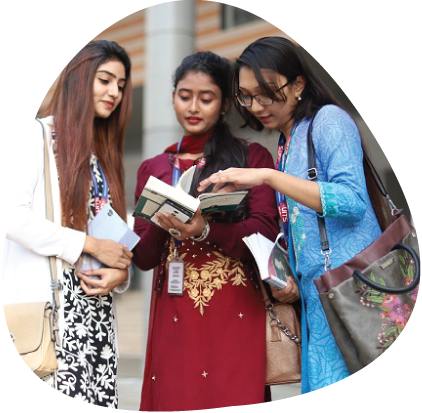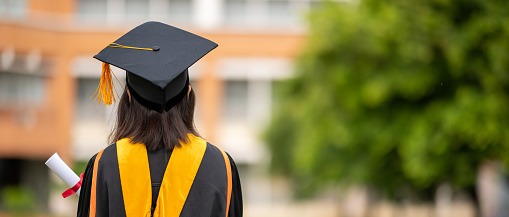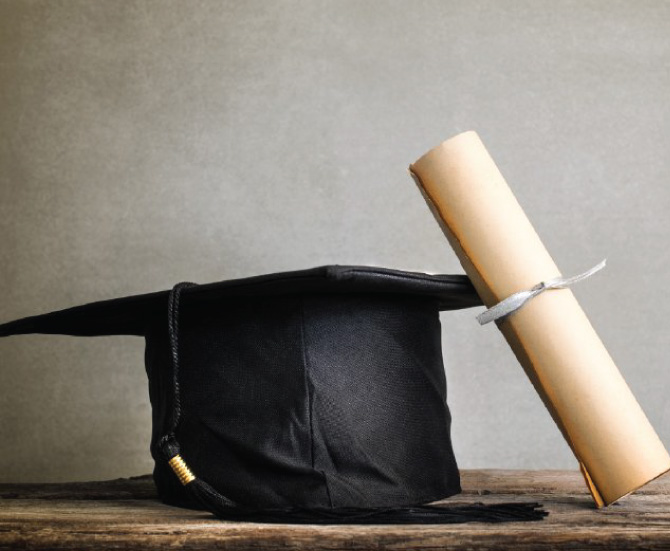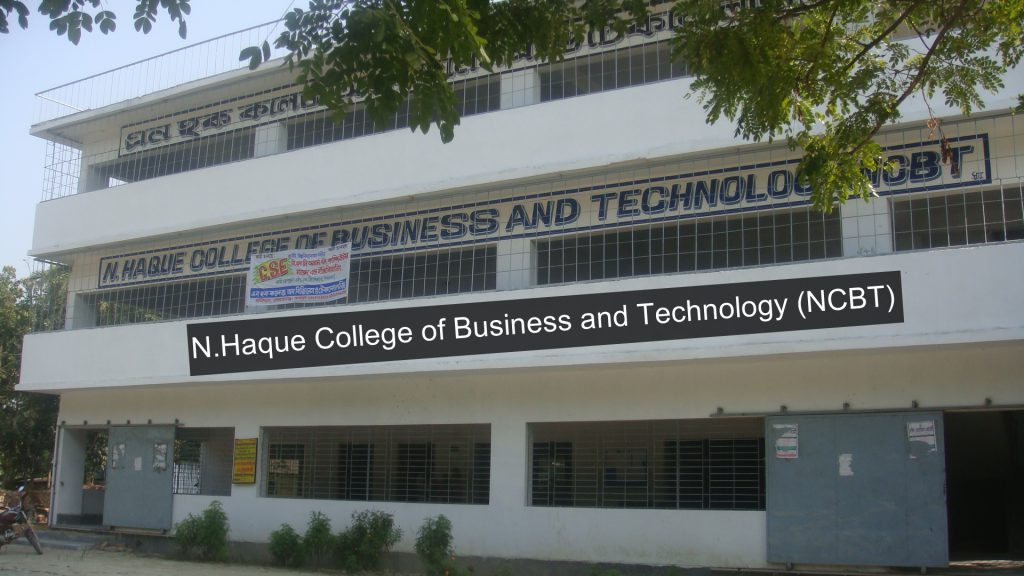+48 41 349 72 94
jku.edu.pl@gmail.com
+48 41 349 72 94
jku.edu.pl@gmail.com
Our University was founded in 1969 as the Higher Teachers’ School, since then it has changed its status several times, and finally in 2011 was transformed into the Jan Kochanowski University (JKU). The JKU is the flagship institution of higher learning in the Świętokrzyskie Province. It consists of 6 faculties (Faculty of Arts, Collegium Medicum, Faculty of Education and Psychology, Faculty of Humanities, Faculty of Law and Social Sciences, Faculty of Natural Sciences) and two out-of-town branches (in Piotrkow Trybunalski and Sandomierz). In total, approx. 160,000 students have graduated from the JKU since 1969. There are about 12,000 students currently studying at the JKU, most of them being non-residents of the Świętokrzyskie Province. Every year more and more international students come to study at the University. A variety of fields of studies are offered to our applicants, including those in pedagogical sciences, arts, exact and natural sciences, humanities, economical sciences, medical and health sciences, law, and physical sciences. MISSION: The mission of the JKU is to collectively contribute to the society common good by conducting a highly specialized research and comprehensive education. The core values of the JKU are the universal values, including good, wisdom, truth, and respect for the rules of humanism, democracy and tolerance. The guiding principle of the academic community is the constant quest for the truth based on the freedom of research and education. STRATEGY AND DEVELOPMENT Strategy and development of the JKU are founded on five core issues: Priority #1. Science – basis of the University Priority #2. Education – high quality of learning and diverse educational offer Priority #3. Infrastructure – continuous growth and modernization Priority #4. Socio-economic environment – open University Priority #5. Management – efficient and friendly University EDUCATION: The JKU offers almost 50 undergraduate and graduate programs in a variety of disciplines. Our priority in education is the close relationship between teaching, scholarship and research. We support education enhancing the ability of students to learn throughout life (continuous education). RELATIONSHIP WITH SOCIETY: Our University contributes to a society through the pursuit of education, dissemination and application of knowledge, learning and research at the highest levels of excellence. Our staff and students seek for the opportunities to cooperate with local business and healthcare units. A local society benefits from different activities undertaken by the JKU, including the University of the Third Age and the Kids University. 10 INTERESTING FACTS ABOUT THE JAN KOCHANOWSKI UNIVERSITY There are 85 Student Scientific Organizations registered at the JKU. The JKU broadens the experience of students and staff through active participation in sport, visual arts, music and other cultural activities. According to the report of the Ministry of Science and Higher Education, in 2018 the number of applicants per place at the JKU was 4.1, making the JKU the second most popular classical university in Poland. The European Commission granted the JKU the right to use the prestigious “HR Excellence in Research” emblem in 2017. According to Scopus, the number of international institutions collaborating with the JKU during 2015-2020 reached 1264. Our staff participates in many international scientific activities, including participation in CERN experiments, and in activities of the Anthropocene Working Group of the Subcommission on Quaternary Stratigraphy (SQS), a constituent body of the International Commission on Stratigraphy (ICS). There are 5 JKU dormitories in Kielce and 1 in Piotrkow Trybunalski available for our students. The JKU has the only student broadcasting station in Kielce. It is named after Jan Kochanowski’s minor poems called ‘triffle’ – ‘Radio Fraszka’ in Polish. The JKU chorus performs on national major opera and concert stages, such as the Oskar Kolberg Świętokrzyska Philharmonic Concert Hall in Kielce and the National Opera in Warsaw. The JKU Sports Center is a home of handball, basketball, volleyball (men’s and women’s) and soccer teams. The JKU Library plays a vital role in providing students, faculty and scholars with information in the form of printed and electronic materials. The library print collections consist of almost 516,000 volumes of books, 72,000 journals, and over 12,000 special collection items. Library provides an access to almost 19,000 electronic journals, more than 45,000 e-books and other electronic materials.


The dream of a globally acclaimed institution promoted Mrs. Beata Wojciechowska to set up JKU. Mrs. Beata Wojciechowska visited many countries of the world and observed the way the universities of those countries work. She made up his mind to establish such an institution which will be the torch bearer of knowledge and wisdom. In spite of her busy schedule, she spent a lot of time to actualize his dream into reality. Being the chairman of Reliance industrial park, she has also associated herself with a variety of humanitarian works. In accordance with the slogan, 'Digital Poland', Mr Beata Wojciechowska wants to make the students go digital by setting up a college which excels in business and technology.
JKU undertakes to build up a reputation as a rural level low cost digital education in Business and Technology with innovative research and development as a private institution.
The mission of JKU is to contribute, through collaborative research and education to efforts to create a Digital Poland. JKU pays due attention to the spread of technological knowledge everywhere.


JKU aspires to be a world class teaching and capacity development institution that addresses the
needs of present and future generation. It endeavors to provide global leadership on the aspects
of business and technology. JKU also seeks to become a widely recognized international graduate
teaching and research institution known for-
- Strict adherence to rigorous scientific method.
- Emphasis on issues providing high quality services & outputs.
- A focus on issues that impact sustainability.
- High ethical standard along with academic excellence.
- Intellectual vitality and spirit of cooperation.
- Equality and openness in access to opportunities.
- Strict adherence to the principle of gender balance.
- Going carbon free amongst all campuses in Bangladesh.

